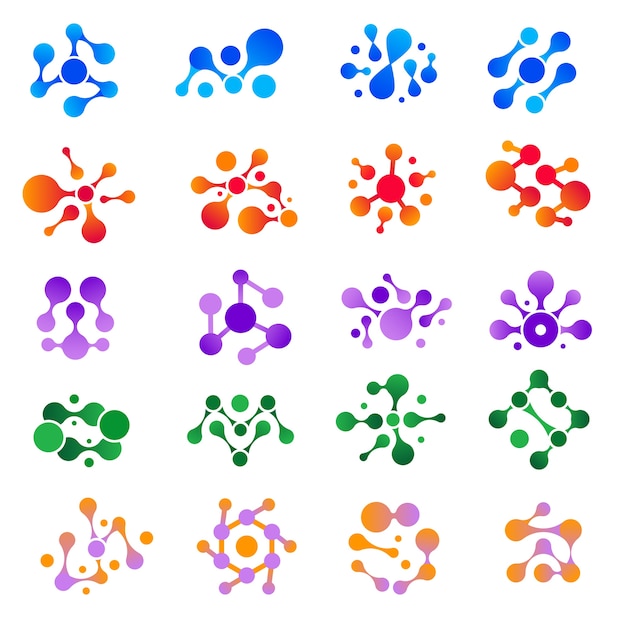Gluten is a component commonly found in many foods, contributing to their shape and texture. For most people, gluten poses no problem and can be digested like any other food. However, for individuals with celiac disease, gluten acts like a severe allergen, with even tiny amounts triggering intense reactions.
Common Foods to Avoid (Unless Labeled Gluten-Free)
People with celiac disease should steer clear of several foods unless they are specifically labeled as gluten-free. These foods include:
Beer
Bread
Candy
Cereal
Fries
Artificial/Processed Meat
Pastas
Salad Dressing and Other Sauces
Potato/Tortilla Chips
How Does Gluten Aggravate Celiac Disease?
The small intestine is lined with tiny, specialized structures called villi, which look like small, shaggy hairs. These villi are essential for absorbing nutrients from food. In individuals with celiac disease, these villi become a source of severe discomfort.
When gluten proteins mix with the intestinal villi, the immune system of someone with celiac disease mistakenly attacks both the gluten and the villi. This aggressive reaction disrupts the absorption of important vitamins and minerals, leading to a variety of painful symptoms. Common symptoms include abdominal pain, gas, bloating, constipation, diarrhea, nausea, and vomiting. These symptoms can be sporadic or constant, depending on the person.
Over time, the ongoing damage to the villi can cause even more severe problems such as anemia, depression, fatigue, body aches, hair loss, and stunted growth in children.
How Can Probiotics Possibly Alleviate Celiac Disease?
Researchers have made significant progress in reducing symptoms of various digestive issues using probiotic bacteria. In a recent study, scientists at the National Spanish Research Council in Valencia, Spain, created an artificial small intestine to replicate the effects of celiac disease.
The researchers found that different probiotic strains showed great promise in improving the resilience of intestinal tissue and reducing the immune system’s aggressive response. Though real-world human trials are still necessary, the use of probiotic bifidobacteria appears particularly promising as a long-term treatment option for people with celiac disease.

